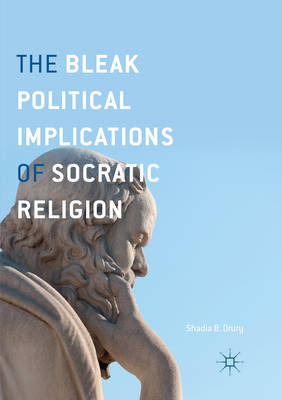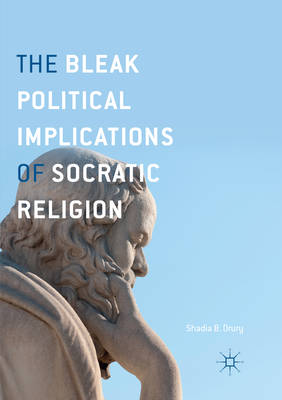
- Retrait gratuit dans votre magasin Club
- 7.000.000 titres dans notre catalogue
- Payer en toute sécurité
- Toujours un magasin près de chez vous
- Retrait gratuit dans votre magasin Club
- 7.000.0000 titres dans notre catalogue
- Payer en toute sécurité
- Toujours un magasin près de chez vous
Description
This book poses a radical challenge to the legend of Socrates bequeathed by Plato and echoed by scholars through the ages: that Socrates was an innocent sage convicted and sentenced to death by the democratic mob, for merely questioning the political and religious ideas of his time. This legend conceals an enigma: How could a sage who was pious and good be so closely associated with the treasonous Alcibiades, who betrayed Athens in the Peloponnesian war? How could Critias and Charmides, who launched a reign of terror in Athens after her defeat, have been among his students and closest associates?
The book makes the case for the prosecution, denouncing the religion of Socrates for inciting a radical politics of absolutism and monism that continues to plague Western civilization. It is time to recognize that Socrates was no liberator of the mind, but quite the contrary--he was the architect of a frightful authoritarianism, which continues to manifest itself, not only in Islamic terror, but also in liberal foreign policy. Defending Homer and the tragic poets, the book concludes that the West has imbibed from the wrong Greeks.
Spécifications
Parties prenantes
- Auteur(s) :
- Editeur:
Contenu
- Nombre de pages :
- 271
- Langue:
- Anglais
Caractéristiques
- EAN:
- 9783319853932
- Date de parution :
- 01-08-18
- Format:
- Livre broché
- Format numérique:
- Trade paperback (VS)
- Dimensions :
- 148 mm x 210 mm
- Poids :
- 453 g

Les avis
Nous publions uniquement les avis qui respectent les conditions requises. Consultez nos conditions pour les avis.






